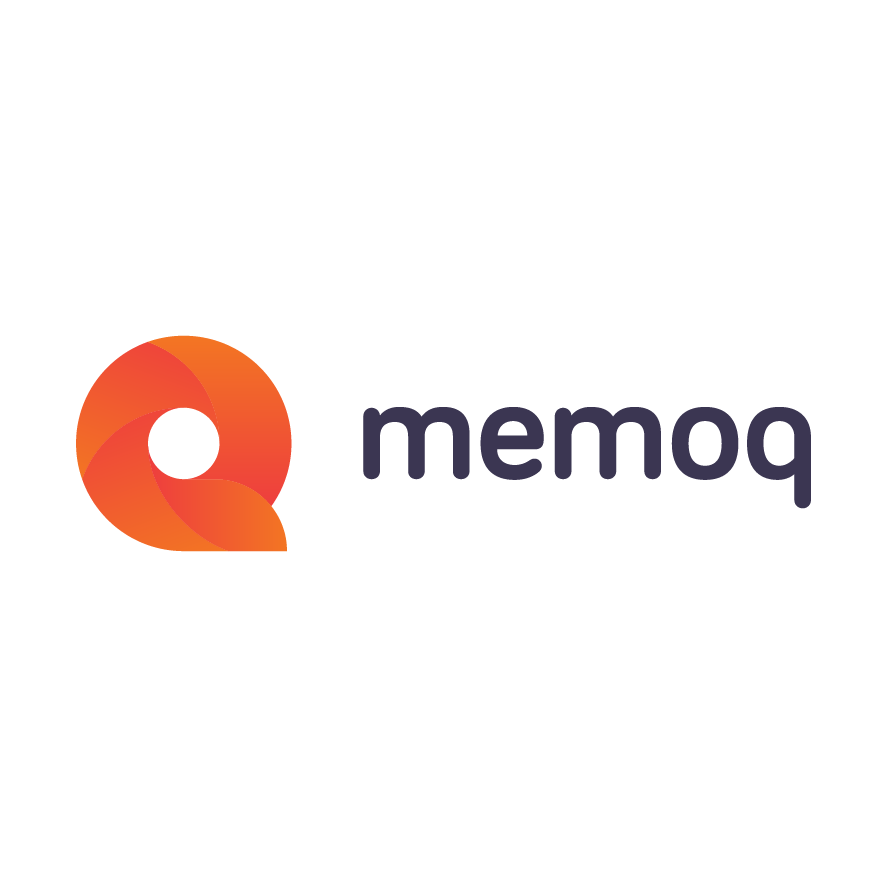The power of assumptions.
I am currently at the Israeli Translators' Association conference in Jerusalem (which is taking place in the worst five star hotel I've ever been to, the Crowne Plaza Jerusalem - I think a room here would probably be worth around 40 euros, rather than over 200 dollars that we pay), and this is a very strange event compared to others. Almost everyone is a freelance translator here, and when I asked the question at the memoQ session yesterday how many translators in the room (of around 25 people) are not using a translation tool, the number I got was a surprising 16. I also had some talks with the very few translation companies that are here, of which many are memoQ users, and these discussions combined were an eye opener.
The ultra-orthodox jews outside also seem to live in another world, in a world full of different assumptions (honestly, the buses where men are traveling in the front and women are traveling in the back are quite upsetting to my liberal mind), so I started thinking about the assumptions we make about translation in our tools, and in most of the tools that exist.
First, we all work with documents that are available electronically. If the document arrives in print, translation technologies don't help, and there is a lot of translation work done otherwise. Of course we can say that people can use OCR, but some people just refuse to do that. Funnily enough, the technology that works with such documents does exist. It's the authoring tools...
Second, we presume that the content is authored in one language and updates are then translated into other languages. In the real world, there are multilingual documents, just as there are multilingual updates (just think about e.g. a software contract between a Russian and an American company -- the document is authored in English, then translated into Russian, where Russian lawyers comment in Russian and make changes there, it then gets translated back into English, commented in English, etc.). Keeping the documents in sync is not something that current technology would solve.
On the other hand, there are certain assumptions that I've seen other tools to make and we don't. For example some tools make an assumption that the customer sets up one or more translation memories per client. Although the majority of the translation providers follow this practice, it is a practice, not a rule. And this is where legacy strikes. I can imagine that we could simplify a number of things in memoQ if we introduced this assumption, but what if one of our customers uses this flexibility to their benefit, and we then cut their profits this way?
There are also certain non-assumptions that could probably ease a lot of things if we did. For example with memoQ 5 we introduced versioning, but unless you use the content connectors, it is relatively hard to get a payment statistics in the scenario when the translator needs to start working on a document that gets updated as they work. In this case, X-translate helps a lot, but before updating the document the project manager needs to do a post-translation analysis to see how much the translator actually translated, then update the quotation based on the results of the post-translation analysis and the analysis of the new version minus the X-translated words summed up. And if you get lots of updates, this kind of maths can be tedious. My question is… would we hurt anyone's interests if we automated this and gave one final aggregate analysis? Do we have the information? No, we don't. We simply don't know our customers well enough.
All in all, it's about simplicity versus flexibility. It's about things that we might forget or not research deep enough when we are bedazzled by features. Features stand on foundations, and we need to get the foundations right - general enough to support a wide variety of needs but specific enough not to make things very complicated.

memoQ
memoQ is among the world's leading translation management systems. The favorite productivity tool for translation professionals around the globe.



